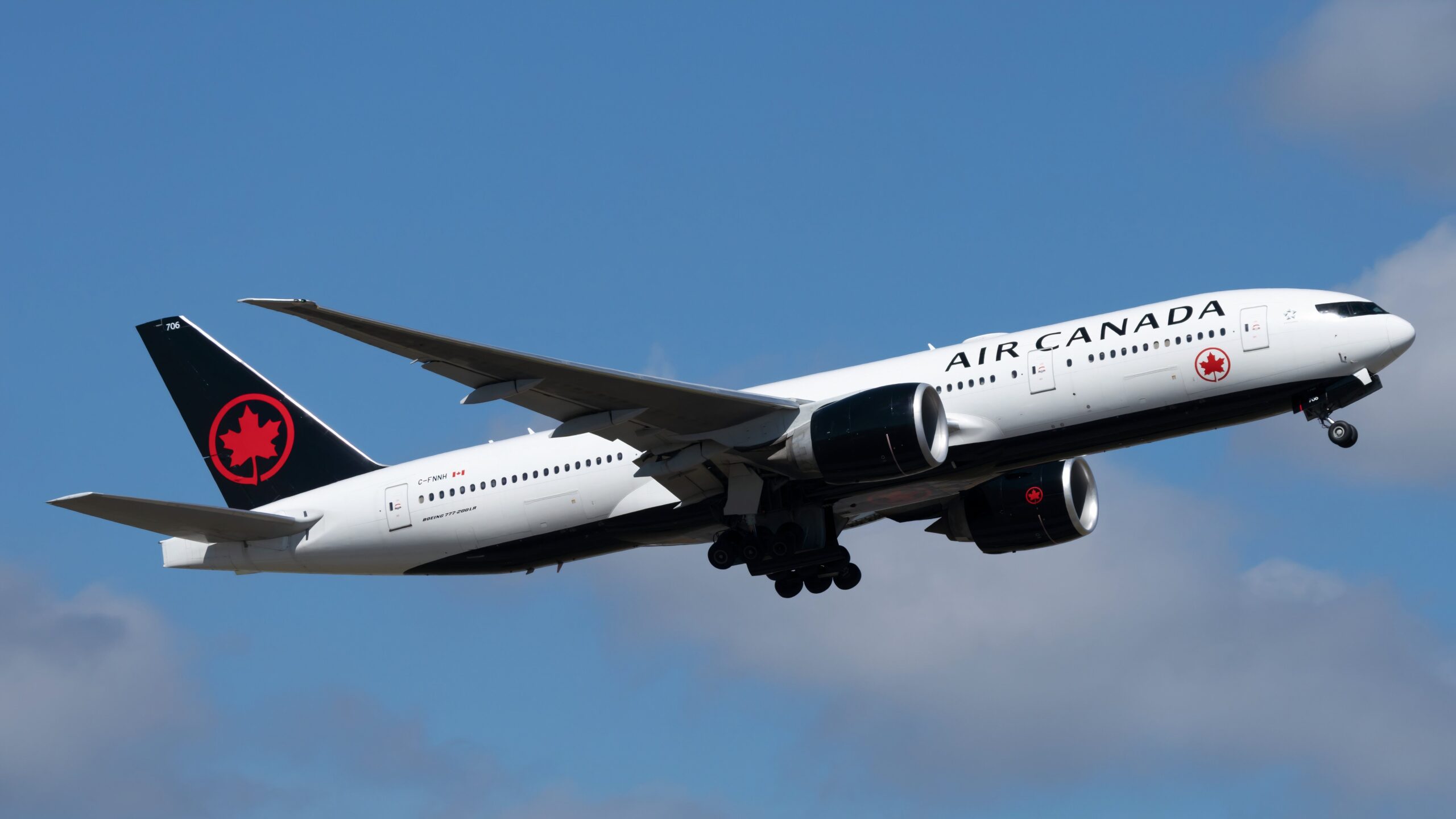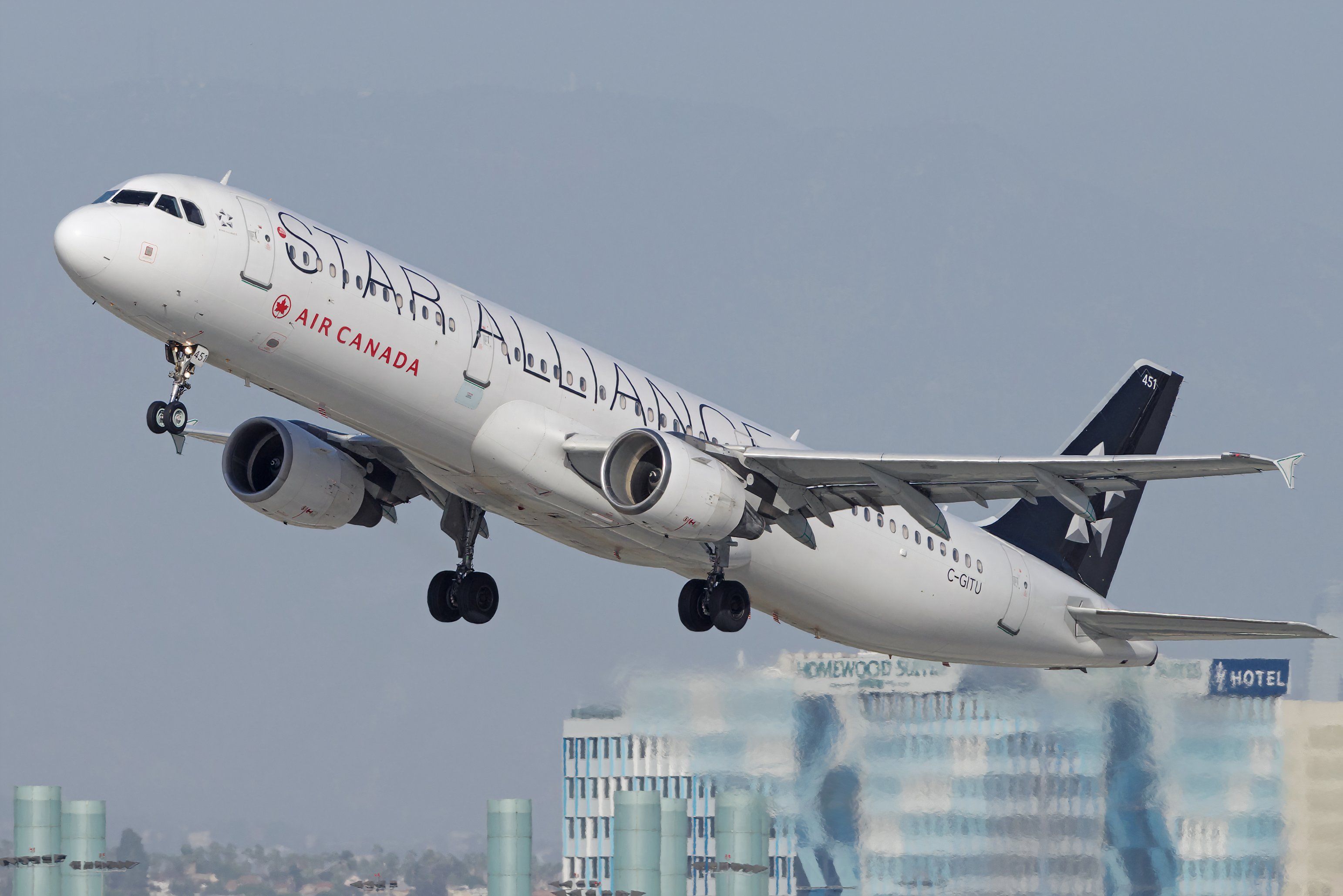Summary
- Air Canada has announced a tentative four-year deal with ALPA representing 5,200+ pilots.
- While ALPA has approved the tentative agreement, it still requires a ratifying vote from members.
- If ratified, the agreement will generate an additional value of $1.9 billion for the airline’s pilots.
Air Canada has announced that the airline has reached a tentative agreement with the Air Line Pilots Association, with a four-year collective agreement regarding the wages of pilots flying for Air Canada and Air Canada Rouge.
It appears the potential pilots’ strike may have been avoided as Air Canada has stated that passengers who modify their itineraries to avoid disruptions may revert to their original itineraries free of charge, as the carriers will continue normal operations.
A tentative deal
With  Air Canada
Air Canada
announcing that it has reached a tentative four-year collective agreement with the Air Line Pilots Association
(ALPA), which represents over 5,200 pilots working for the airline and its subsidiary Air Canada Rouge
, the imminent pilots’ strike, which the airline and passengers were dreading, may have been avoided.
Though the tentative deal has been approved by the ALPA, the details of the new agreement are still confidential as it requires a ratification vote by the members. The airline, in its press release, has stated that both its mainline operations and Air Canada Rouge services will continue normal operations, thus indicating a positive outlook.
More reassuringly, the airline has also stated the following:
“Customers who used the airline’s labour disruption goodwill policy to change their flights originally scheduled from between September 15 and 23, 2024, to another date before November 30, 2024, can change their booking back to their original flight in the same cabin at no cost, providing their is space available.”
While the ratification process can take around a month, ALPA, in their press release has stated that if ratified, the new agreement will generate an additional value of over $1.9 billion for the airline’s pilots over the course of the agreement.
Dreading the disruption
While the strike has been averted at present, getting to this stage was a bit tricky as a pilot strike could have caused significant disruptions across the country and even beyond for both the airline and the passengers.
Photo: Angel DiBilio | Shutterstock
While passengers had to consider rebooking or canceling their itineraries to Air Canada, even preparing to orderly suspend the operations of its mainline services and flights operated by its subsidiaries for the duration of the strike, the domino effect could have been significant.
The carrier serves over 110,000 passengers on average daily, and previous reports state that if the carrier suspended its operations completely, getting back to normal operations could take anywhere between a week and 10 days. As with any disruption in aviation, the impact rarely stays localized.
A strike that is happening
While a strike was averted in Canada, the same cannot be said for US. Earlier this week, thousands of workers at ![]() Boeing
Boeing
voted to go on strike after 94.6% of the employees rejected the manufacturer’s proposed new contract. As such, 96% of 33,000 employees voted to go on strike.
This latest development at Boeing puts the manufacturer in a more difficult position and affects its operations and aircraft production rates, some of which are already capped by the Federal Aviation Administration
(FAA). Reports suggest that a 30-day strike can cost Boeing around $1.5 billion. Data shows that the manufacturer so far this year has burned through $8 billion to $10 billion so far this year and is struggling with mounting debt.


